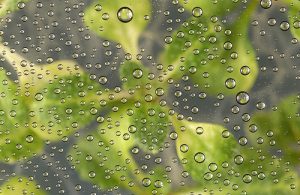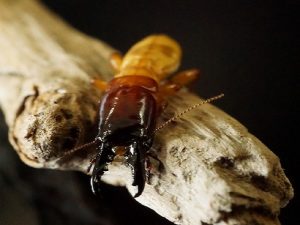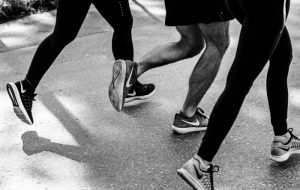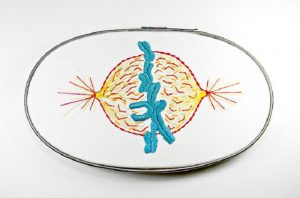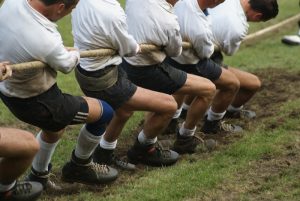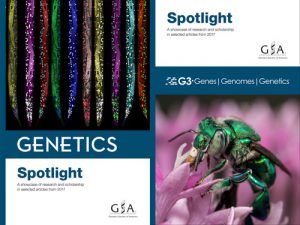Enter your address to receive notifications about new posts to your email.
Articles tagged Genetics Journal
(334 results)
-
The hole truth about activating Torso
Holes in the plasma membrane trigger the activation of the Torso receptor tyrosine kinase. As a general rule, cells don’t do well when holes are poked in their plasma membranes. That’s why many immune cells use enzymes like perforin to puncture the membranes of pathogenic cells, dysregulating and often killing them. However, a new report…
-
Midnight munchers: starved worms can’t sleep
Food-deprivation inhibits the stress-induced sleep response in C. elegans. For many animals, the essential physiological drives of sleep and food are intimately linked. You might have noticed this if you’ve ever stayed up far too late and found yourself craving a snack. Yet because it’s impossible for most animals to eat and sleep at the…
-
Navigating the maize of heritable epigenetic change
Tissue culture causes heritable methylation changes in plants. Tissue culture is a useful tool for plant scientists and horticulturalists in large part because it allows them to produce clones. Inconveniently, however, these clones are not always identical to the original, as one might expect them to be. In a report in GENETICS, Han et al.…
-
Enhancing our view of enhancers
GC content alone is associated with distinct functional classes of human enhancers. Because enhancers can be located hundreds of kilobases away from their target genes, it can be challenging to accurately predict their functions. A new report in GENETICS uses sequence composition to distinguish two enhancer classes that have distinct functions and spatial organization in humans.…
-
Roaches help unlock termite society secrets
Termites may have evolved sterile castes through hormone signaling changes in their cockroach ancestors. Eusocial insects, like ants, bees, and termites, have rigid caste systems: some individuals reproduce, while others are temporarily sterile workers or permanently sterile soldiers. This division of labor allows colonies to thrive, but the question remains: how did these species evolve…
-
Athlete’s foot fungus varies little around the globe
Sexual reproduction is scarce in skin infection culprit. While some people love to feel the burn during a workout, we generally seek that sensation in our muscles—not our feet. Treading barefoot in damp, communal environments like gym showers and the perimeters of pools can expose us to the fungus Trichophyton rubrum, the most common cause…
-
A day in the mouth
Rapid genomic changes observed in Candida albicans soon after exposure to the oral cavity. Whether or not you treat your body like a temple, it presents a hostile and rapidly-changing environment for the many microorganisms that call you home. In contrast to the microbes that hang out inside humans, those that are cultured in the…
-
The evolution of protein design
An evolutionary approach outperforms a design approach in modeling protein sequence variation. Over generations, evolution shapes proteins, leading to variation in their amino acid sequences both between and within species. Despite our ever-increasing knowledge of the physical constraints that guide protein structure, advanced modeling techniques don’t capture the site-specific variability observed in natural proteins. Bafflingly,…
-
Imprinting impulsivity
Imprinted genes can have oppositional effects on adult behavior in mice. Mammalian genomes show the marks of a genetic tug-of-war between mothers and fathers. These imprinted genes are marked by epigenetic modifications, which means the expression of an imprinted allele depends on whether it was inherited from the mother or the father. A new report…
-
Building the basement
A suppressor screen in C. elegans uncovers previously unknown flexibility in the genetics underlying extracellular membranes. In nearly all animal tissues, thin barriers called basement membranes anchor outward-facing layers of cells—the linings of lungs, the top layers of skin, the insides of blood vessels—to the connective tissues that support them. Mutations disrupting any major basement…
-
GSA Journals Spotlight 2017
The GSA Journals, GENETICS and G3: Genes|Genomes|Genetics, are proud to present our annual Spotlight booklets for research published in 2017. Each Spotlight is a showcase of the excellent research and scholarship published over the course of the year, along with a selection of striking images submitted by our authors. Browse the 2017 GENETICS Spotlight. Browse the 2017 G3 Spotlight.



